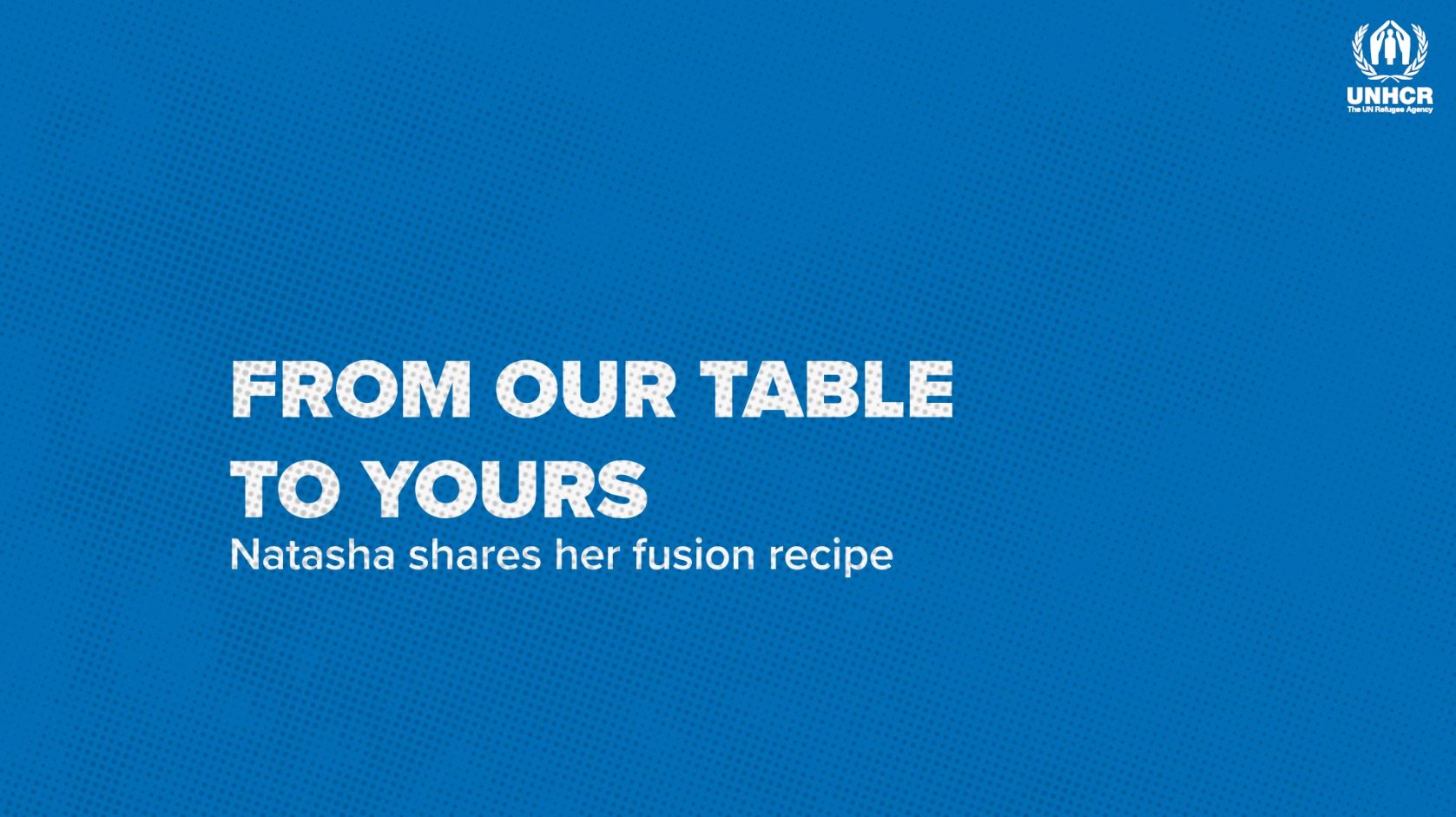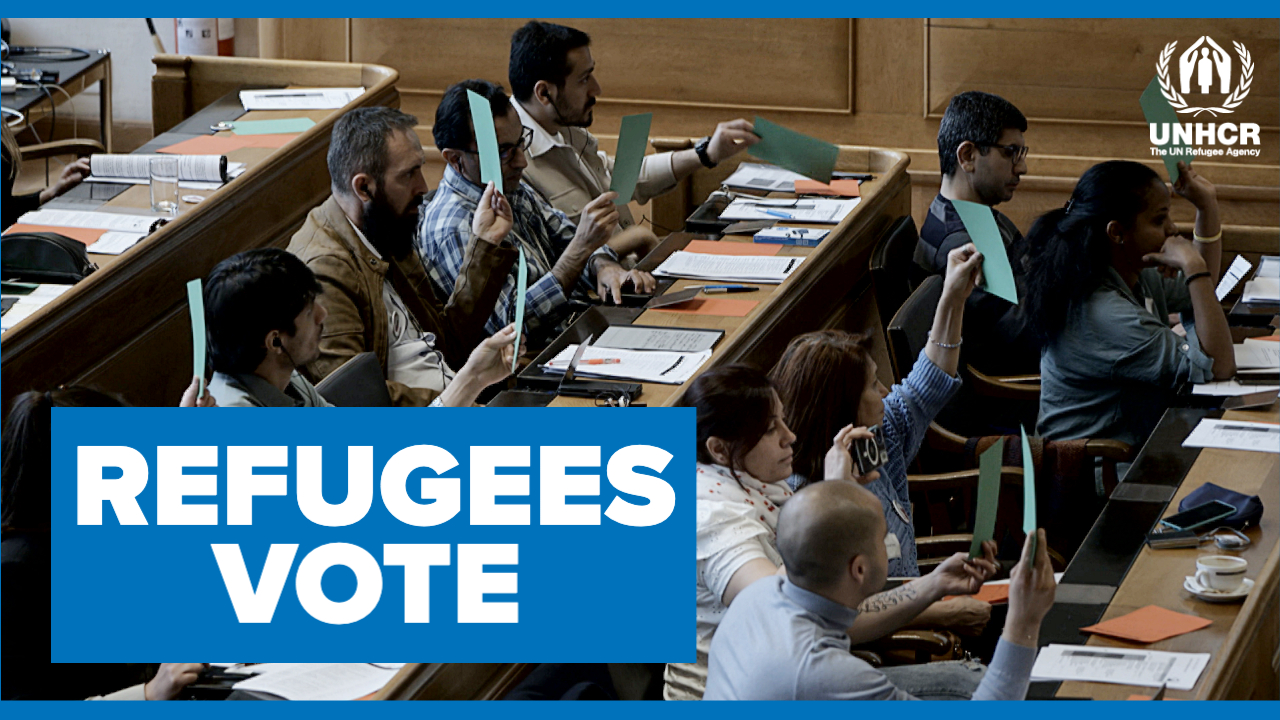Integration systems in Central Europe at breaking point
Integration systems in Central Europe at breaking point

BUDAPEST, Hungary, July 8 (UNHCR) - Louis* works a 14-hour day in his small fast-food shop in Budapest, but the Iraqi refugee is still struggling to feed his family and pay his rent. Many others like him are also having a hard time in Central European countries, where integration systems are either non-existent or poorly developed.
"I am not lazy," says the 46-year-old, who really wants to make a success of his new life in Hungary with his wife Anna* and their two children aged 11 and 13 years. The Christian family fled Iraq in 2006 to escape sectarian violence and were granted asylum in Hungary six months later.
This gave them legal status, but also meant they would quickly have to become self-sufficient. That's because Hungary, like other Central European countries that have joined the European Union in the past five years, for a long time regarded itself simply as a transit country for refugees.
These countries failed to implement integration systems and policies and, as a result, the growing numbers of refugees and asylum seekers deciding to settle in Central Europe found themselves without any safety nets. They received no integration support from the government in areas such as language, employment, accommodation or vocational training.
Areti Sianni, an expert on integration working with UNHCR in Budapest, said some efforts had been made to improve the situation in recent years, but she added that these "modest gains are now at serious risk at a time of economic crisis, when governments are tempted to introduce budget cuts to already under-funded integration services. The system is at breaking point."
Louis runs his little food shop out of necessity rather than love. He is a specialist in agricultural engineering, but is unable to find a job in this field despite taking a six-month Hungarian language course. "I have a university degree which I will never use," he lamented.
He set up the fast-food business with the help of a church organization, but the income is not enough to cover all the family bills. "Here I work, but I do not earn," he said, while adding that Anna is studying to become a kindergarten teacher so that they could make a bit more money. But she won't graduate for another year.
Sianni sympathizes with people like Louis and Anna. "Integration systems in this part of Europe have proven less than effective in helping people to become independent and integrate into local communities," she said, adding that integration services and support should be provided at the community level until the refugees were "ready for independent and dignified living on a par with citizens."
Integration is a complex endeavour, involving many different stakeholders, but Sianni said that her year-long research into the situation in Bulgaria, the Czech Republic, Hungary, Romania, Slovakia and Slovenia had found that these countries lacked the elements needed to ensure a life of dignity for refugees.
She said that after going through short and patchy integration programmes, many people are left to their own devices without possessing the skills to make a living. In some cases, people spend 90 percent of their income on accommodation. Many end up living in poverty, Sianni said, adding that they were marginalized, excluded and at risk of homelessness.
UNHCR, meanwhile, has developed and distributed guidelines on refugee integration aimed at helping governments tackle the problem. But the refugee agency fears that the current economic crisis could tempt Central European countries to cut their integration programmes in a bid to save money.
Sianni thinks this is short-sighted. "Well-integrated refugees are economically independent. They earn money and pay taxes. Refugees who do not receive the necessary assistance to integrate are especially vulnerable as they do not even have social networks to catch them. They become a burden rather than net contributors to society," she said.
Louis, meanwhile, fears about the future after deciding to close his business because he can't afford the rent anymore. "I do not want a car or property, just a life," he said.
* Names changed for protection reasons
By Melita H. Sunjic in Budapest, Hungary








